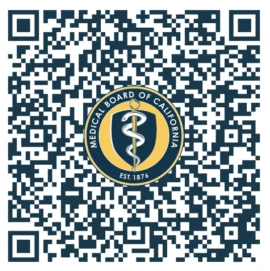Obstetric injuries are injuries that occur during vaginal delivery. Unfortunately, certain types of injuries can cause fecal incontinence even if treated properly. In some women, surgery to repair the tissue may fail due to an increased risk of injuries in the area and poor wound healing.
Fecal incontinence can occur during a bout of diarrhea, but if you experience involuntary leaks on a regular basis, it could be more than just a bad meal that caused the problem.
If you suffered an obstetric injury during your delivery, read on. Below, we asked our experts at Digestive Disease Consultants of Orange County in Orange County, California to explain the connection between obstetric injuries and fecal incontinence.
Understanding how giving birth could cause fecal incontinence
Studies estimate the prevalence of fecal incontinence to be anywhere between 5% and 26%. Unfortunately, these numbers may be an underestimation, as many women don’t seek medical help for their incontinence due to fears of embarrassment.
During vaginal delivery, the nerves in your anal sphincter may become damaged by the force when you push to deliver your child. Fortunately, most women heal on their own, and there are treatments available for those who don’t see improvements with time.
The risk for fecal incontinence is even higher when obstetric injuries are present or when forceps or a vacuum are used during delivery. Other risk factors include the following:
- Fetus larger than eight pounds
- Prolonged labor
- Induced labor
- Epidural analgesia
Advanced maternal age can be a risk factor for obstetric injuries and fecal incontinence as well.
Fecal incontinence treatments
The first line of treatment for fecal incontinence is dietary modification. This includes eating foods high in fiber or taking supplements. Medications that promote constipation are also used, along with pelvic floor exercises and biofeedback.
Biofeedback devices allow you to perform your pelvic floor exercises and get a score on how well you’ve done them and what your strength progress looks like. Other treatments include sacral nerve stimulation, which is a type of therapy that sends small electrical impulses and trains your nerves to better control bowel movements.
Getting help
Fecal incontinence isn’t an easy topic to bring up, but our team can assure you that many women suffer from it, and not treating it may cause even more suffering. Fecal incontinence often leads to poor self-esteem and social isolation out of fear of unwanted leaks.
If you suffer from it, contact us to schedule an appointment. Our compassionate team will perform a number of tests and provide you with a personalized treatment plan to ensure you get well.



